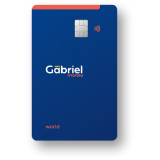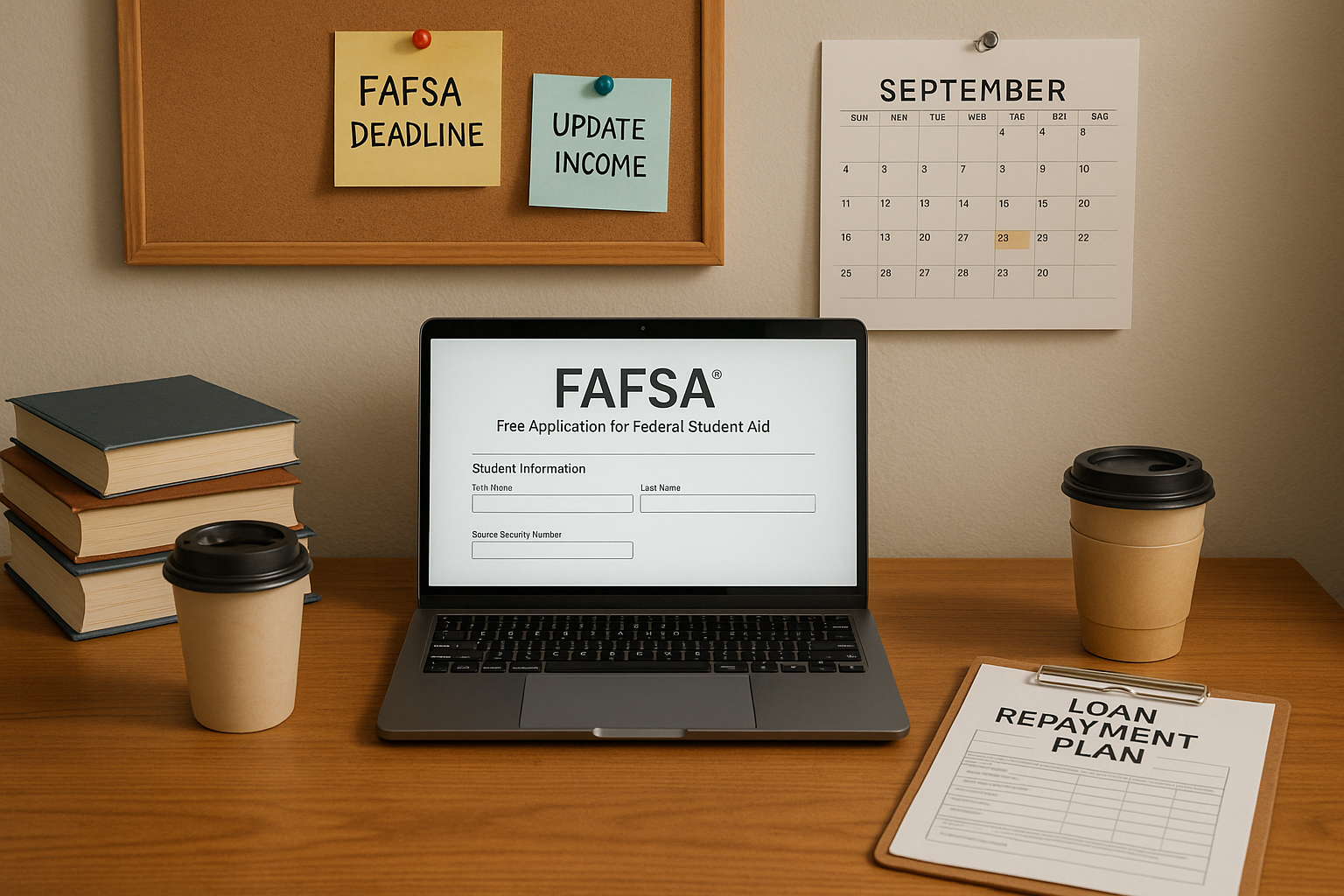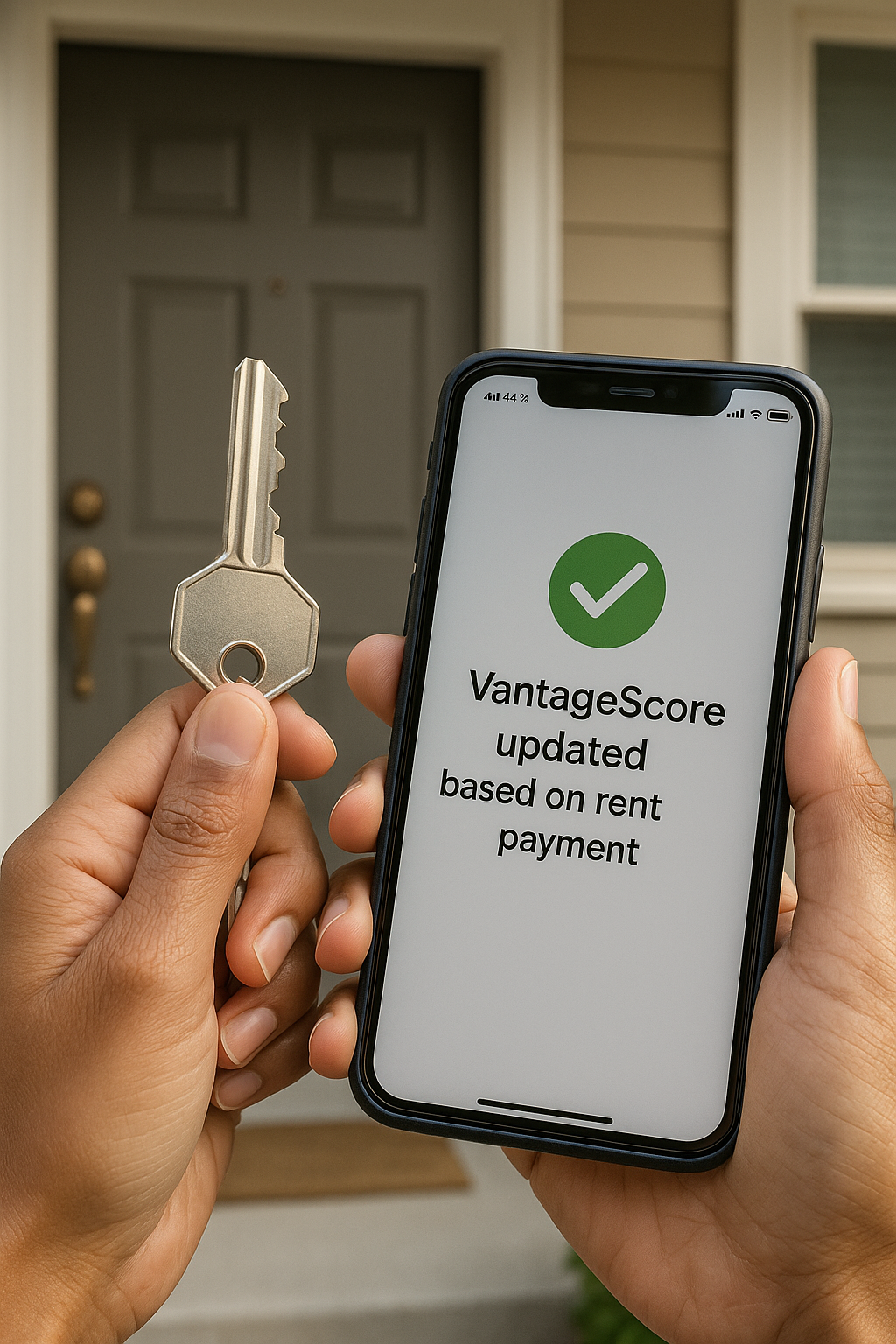
Buying a home is a significant financial commitment, and proper preparation can make the process smoother and more manageable. This guide provides practical steps to help you financially prepare for homeownership, focusing on key aspects such as budgeting, saving for a down payment, and understanding mortgage options.
Assessing Your Financial Situation
Before diving into the homebuying process, it’s crucial to have a clear picture of your financial health. Here are some steps to get started:
- Review Your Credit Score: Your credit score plays a vital role in determining your mortgage eligibility and interest rates. Obtain a copy of your credit report and check for any errors or discrepancies. Aim to improve your credit score by paying off outstanding debts and avoiding new credit inquiries.
- Evaluate Your Savings: Assess your current savings to ensure you have enough for a down payment, closing costs, and an emergency fund. A healthy savings account demonstrates financial stability to lenders.
- Create a Budget: Use an online mortgage calculator to estimate how much home you can afford based on your income, debts, and expenses. Factor in property taxes, insurance, and maintenance
costs.
Saving for a Down Payment
One of the most significant financial hurdles for prospective homeowners is saving for a down payment. Here are some strategies to help you reach your savings goal:
- Set a Savings Target: Determine how much you need for a down payment. Most conventional loans require at least 20% of the home’s purchase price, but some loans, like FHA loans, may require less.
- Automate Savings: Set up automatic transfers from your checking account to a dedicated savings account. This ensures consistent contributions without the temptation to spend the money elsewhere.
- Cut Unnecessary Expenses: Review your monthly expenses and identify areas where you can cut back. Consider dining out less, canceling unused subscriptions, or finding more cost-effective alternatives for everyday items.
- Boost Your Income: Look for opportunities to increase your income, such as taking on freelance work, part-time jobs, or selling items you no longer need.
Understanding Mortgage Options
Choosing the right mortgage is a critical step in the homebuying process. Here are some common types of mortgages:
- Fixed-Rate Mortgages: These loans have a constant interest rate and monthly payments that never change, making them predictable and easy to budget for.
- Adjustable-Rate Mortgages (ARMs): These loans have interest rates that can change periodically, resulting in fluctuating monthly payments. ARMs often start with a lower initial rate but can increase over time.
- FHA Loans: These government-backed loans are designed for first-time buyers and require lower down payments and credit scores.
- VA Loans: Available to veterans and active-duty service members, these loans offer competitive interest rates and often require no down payment.
Final Thoughts
Financial preparation is essential for a successful homebuying experience. By assessing your financial situation, saving diligently for a down payment, and understanding your mortgage options, you can make informed decisions and achieve your dream of homeownership. Stay tuned for more tips and advice on navigating the personal finances world!







